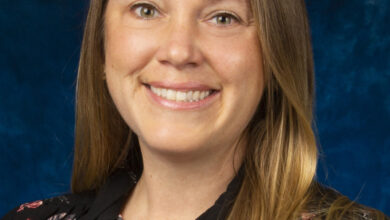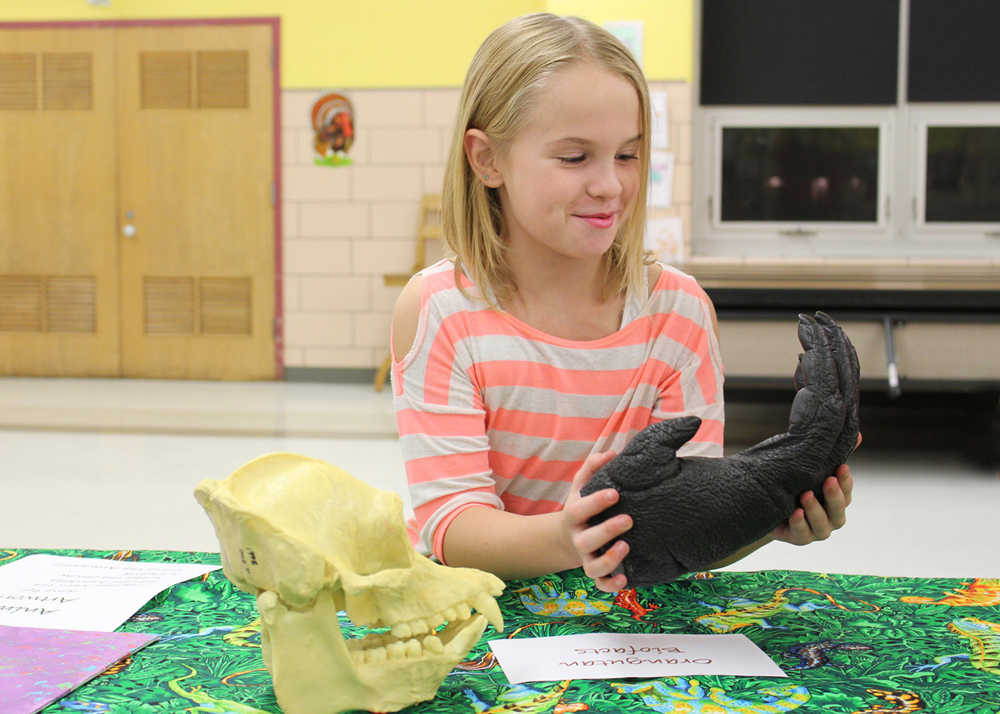Helping students avoid the summer slide
New York State United Teachers has released a list of recommendations for families to help their children avoid the “summer slide” and maintain their academic edge during their summer vacations.
“Whether they’re out riding bikes or inside making crafts, every activity presents a learning opportunity for children this summer,” NYSUT President Andy Pallotta said. “Learning is about more than reading a textbook or filling out a worksheet. Even if your family is just lounging at the beach, slipping learning experiences into your vacation is a great way to keep your kids’ minds sharp – and have fun as a family.”
Research has shown that some students can lose a month or more of academic progress during summer vacation, with low-income students disproportionately impacted by a summer-long break from the classroom. However, additional studies have shown that summer learning programs can have positive effects on students.
Ensuring that younger children in particular maintain their academic progress can be critical. A 2011 study by the Annie E. Casey Foundation found that one in six children who don’t read proficiently by third grade fail to graduate on time from high school, a rate four times higher than that for proficient readers.
“As educators, we hope to instill a lifelong love of learning in our students,” said NYSUT Executive Vice President Jolene DiBrango. “Even on a rainy summer day, cracking open a mystery novel or performing a kitchen science experiment with your kids are perfect ways to show them that learning doesn’t have to stop when school’s out.”
To help avoid the summer slide, NYSUT offers the following tips:
•Enroll children in summer programs – Many schools operate fun summer student programs. Some cities and towns also offer a variety of recreational and educational day programs for kids.
•Family reading programs – Many schools distribute suggested reading lists. Talk with your child’s teacher or librarian about developing a summer reading program with your child. Agree on a set number of grade-level appropriate books to read and get the whole family involved. The National Education Association, an affiliate of NYSUT, offers resources on how to find the best books for your child at http://www.nea.org/grants/67128.htm. The state Education Department also offers a Summer Reading program through local libraries across New York. Find out more at http://www.summerreadingnys.org/.
•Specialized summer camps – Whether your child is interested in robotics or zoology, specialized summer camps are a great way to keep children engaged with hands-on learning.
•Ask a teacher – Consult your child’s current or upcoming teacher for suggestions for summer workbooks, science activities, essay topics and other summer learning ideas.
•Summer enrichment – If your child needs extra help in a particular subject, speak with his or her teacher about local enrichment programs.
•Summer journaling – Have your child keep a daily journal. Help him or her stay on track by monitoring his or her efforts.
•Turn daily activities into learning opportunities – Make your next visit to the grocery store a math lesson, or turn your next walk through the park into a science exhibit.
•Learn locally – Explore local parks, museums, libraries and historical sites.
• Learn on vacation – Research the history and culture of your vacation destination with your child and tour local landmarks while you’re there.
Provided information





